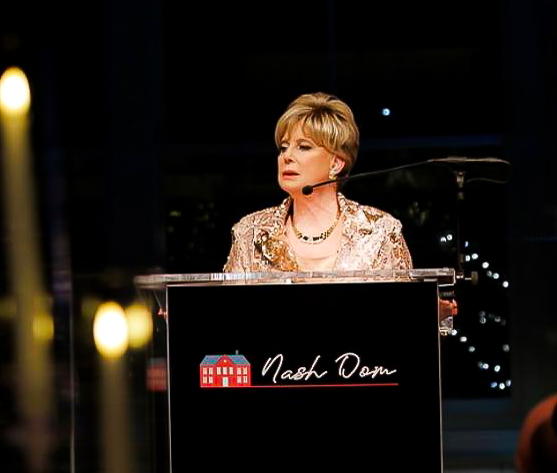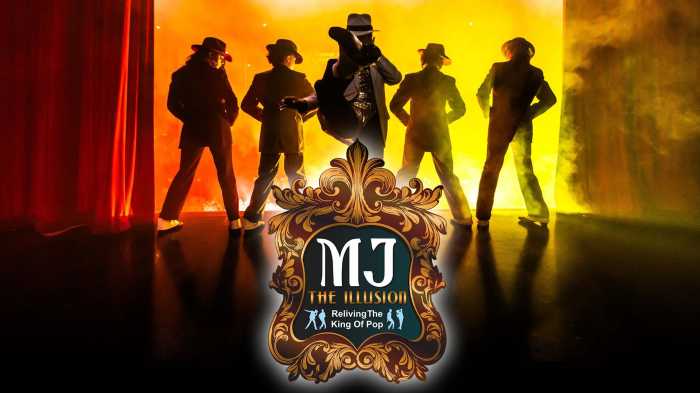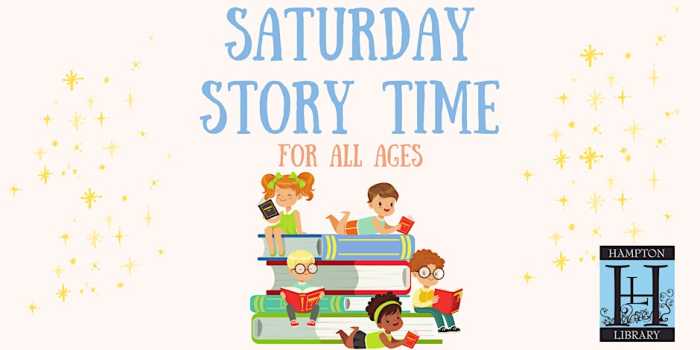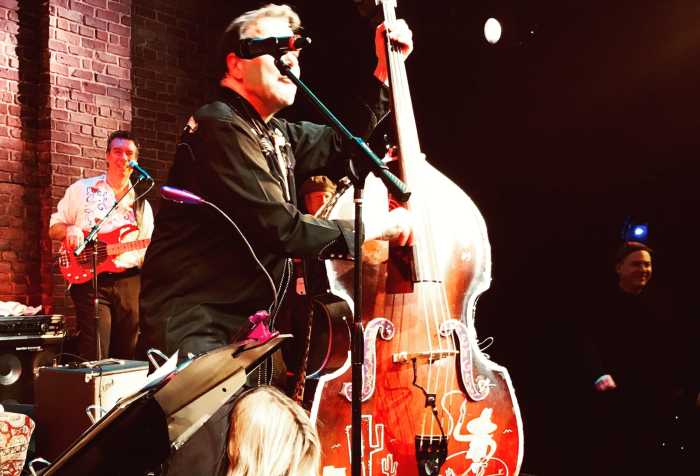Monday Motivation: 10 Quotes by Novelist Colson Whitehead

This week’s Monday Motivation comes from critically acclaimed American novelist and East Hampton resident Colson Whitehead.
Born on November 6, 1969, Whitehead grew up in Manhattan with his successful entrepreneur parents and three siblings. He attended the elite prep Trinity School, before enrolling in the Ivy League Harvard University.
Post-college, he wrote for The Village Voice, which inspired him to begin drafting his first of nine novels—The Intuitionist. The 1999 work of speculative fiction was compared to timeless classics including Catch-22 and The Invisible Man, and it would go on to be nominated as one of America’s best-loved novels by PBS’s The Great American Read. Whitehead followed on this success with John Henry Days, a 2001 historical fiction; Apex Hides the Hurt, a 2006 humor novel; Sag Harbor, a 2009 literary fiction; and Zone One, a 2011 zombie-filled horror novel.
While all of Whitehead’s previous books were successful, he struck gold with The Underground Railroad in 2016. In the book’s alternate history, the Underground Railroad is reimagined as a literal rail transport system used by slaves Cora and Caesar to escape their Georgia plantations. The #1 New York Times bestseller won the Pulitzer Prize for Fiction, the National Book Award for Fiction, the Carnegie Medal for Excellence in Fiction and even received a recommendation from Oprah Winfrey in her exclusive book club.
His follow-up title, The Nickel Boys, hit shelves in 2019, earning him a second Pulitzer Prize for Fiction. He is now working on a 10th novel, tentatively titled “Harlem Shuffle,” which he plans to debut in fall 2021.
An expert at writing novels with a bounty of food for thought, Whitehead makes for a great source of quotes that can inspire us to reflect on our goals and ideals and motivate us follow our passions. Here are 10 of those quotes.
“Early on my career, I figured out that I just have to write the book I have to write at that moment. Whatever else is going on in the culture is just not that important. If you could get the culture to write your book, that would be great. But the culture can’t write your book.”
“I think a joke is a form of truth-telling. A good joke that’s absurd contains elements of our daily darkness and also a possibility to escape that darkness. So, for me, humor is an attempt to capture everyday tragedy and everyday hopeful moments that we experience all of the time.”
“It is failure that guides evolution; perfection provides no incentive for improvement, and nothing is perfect.”
“What isn’t said is as important as what is said.”
“I write at home. I like to be able to take a nap, watch TV, make a sandwich, and if I wake up and don’t feel like working, I’m not going to bang my head on my desk all day—I’ll go out and do something else.”
“You can’t rush inspiration.”
“There’s a time to wait, and there’s a time to bite off the project you don’t think you can pull off.”
“Other people have hang-ups about what’s literary or genre or whatever, and that’s sort of not my problem. You’re supposed to write what you have to write, and you’re supposed to keep moving.”
“If I have three ideas and I’m working on one more than the others, that sort of tells me that I should work on that one.”
“If you know how to do something, why do it again?”









